Human Body Quiz: Human Body Systems & Organs (answer)
Human Body FAQs
- What percentage of the human body is water?
- A human's thumb is as long as his or her nose. True or False?
- Speaking of humans, how many of us are in the U.S. right now?
- A sneeze occurs at about 100 miles an hour. True or False?
- Cells related to what divide remarkably faster than other cells in the body?
- The smallest bone in the human body is about the size of what?
- The smallest bones in the human body are found where?
- We humans get an entirely new skeleton every 12 years. True or False?
- Along with the smallest bones, the smallest muscles in the human body are found in the ears. True or False?
- The word "pain" is rooted in a Latin word that means punishment. True or False?
- Calcium crystals are a normal part of what body region?
- Sweat is the main cause of body odor. True or False?
- In a single day, one of your feet can sweat the equivalent of half a glass of water. True or False?
- How many taste buds are on your tongue?
- What is the largest organ of the human body?
- Improve your Health I.Q. on Human Body
- Human Body Related Slideshows
- Human Body Related Image Collections

Q:What percentage of the human body is water?
A:66%. 66% of the human body is water.

Q:A human's thumb is as long as his or her nose. True or False?
A:True. Your thumb is the same length as your nose. Try it and find out if it's true.

Q:Speaking of humans, how many of us are in the U.S. right now?
A:300 million. According to the U.S. population clock on December 1, 2010, the U.S. Census Bureau says there are 310,828,459 people in America right now!
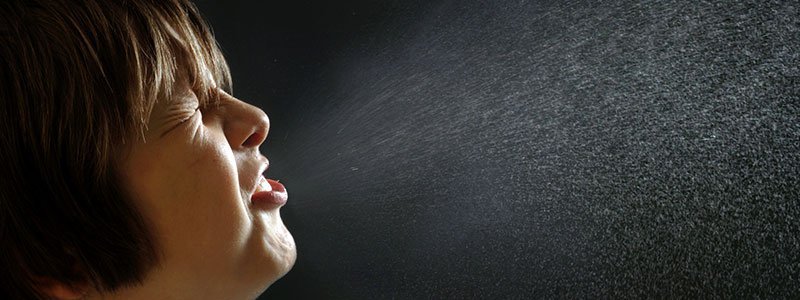
Q:A sneeze occurs at about 100 miles an hour. True or False?
A:True. Humans sneeze at the rate of about 100 miles per hour, and a cough at about 60 miles per hour.
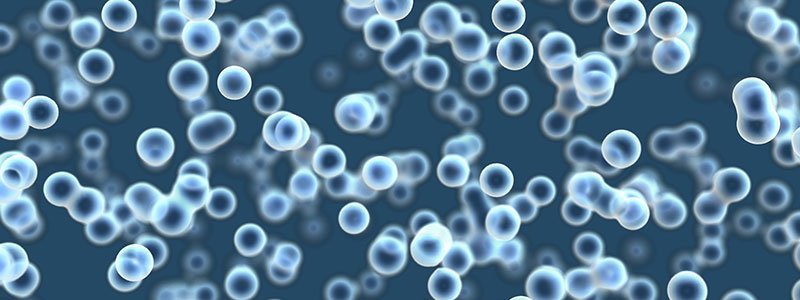
Q:Cells related to what divide remarkably faster than other cells in the body?
A:Cells related to hair divide faster than other cells in the body. The living part of the hair is the very bottom part surrounding the papilla, called the bulb. The cells of the bulb divide every 23 to 72 hours, remarkably faster than any other cell in the body
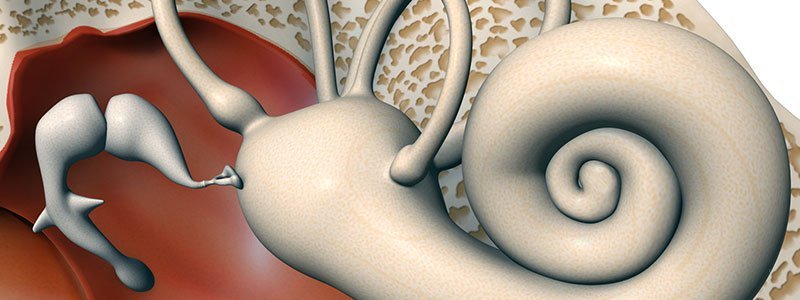
Q:The smallest bone in the human body is about the size of what?
A:A grain of rice. The smallest bone in the human body is about the size of a grain of rice. This bone is called the stapes bone.

Q:The smallest bones in the human body are found where?
A:In your ears. The smallest bones in the human body are found in the ears. There are three tiny bones that are found in your middle ear named the malleus, incus, and stapes.
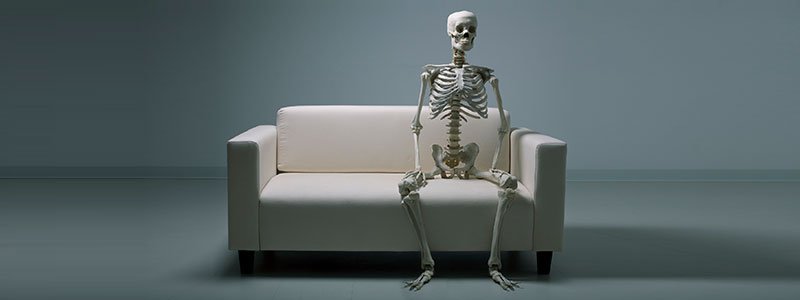
Q:We humans get an entirely new skeleton every 12 years. True or False?
A:True. Every 12 years, we humans have an entirely new skeleton due to the body's continual replacement of its bone cells.

Q:Along with the smallest bones, the smallest muscles in the human body are found in the ears. True or False?
A:True. The stapedius muscle is the smallest muscle in the body. This muscle, 6.3 mm in length, helps move the stapes bone in the middle ear.
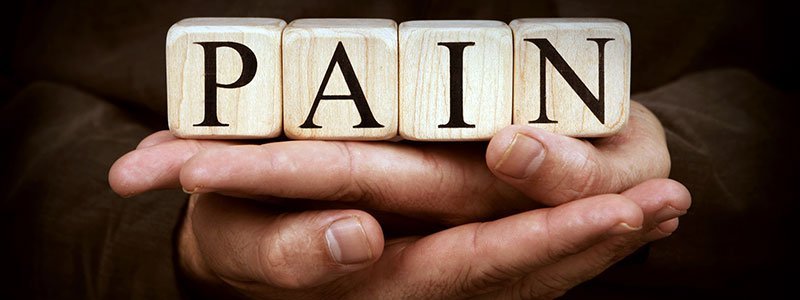
Q:The word "pain" is rooted in a Latin word that means punishment. True or False?
A:True. The word "pain" comes from the Latin word "poena" that means punishment or penalty.
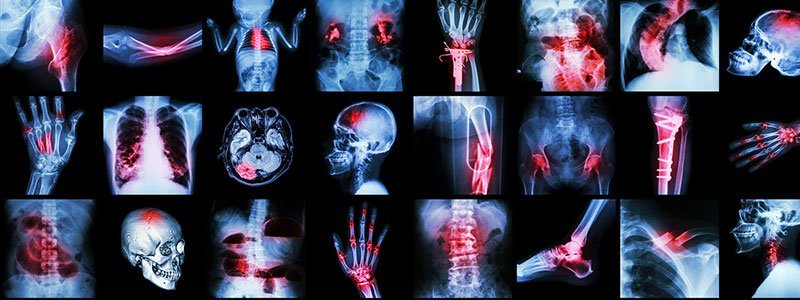
Q:Calcium crystals are a normal part of what body region?
A:The ears. A layer of very fine calcium crystals is among the structures in the inner ear that help to regulate balance. Balance is a choreographed arrangement that takes sensory information from a variety of organs and integrates it to tell the body where it is in related to gravity and the earth.

Q:Sweat is the main cause of body odor. True or False?
A:False. Sweat itself has no odor, but when combined with bacteria and contained in a dark and moist environment, like an armpit, it gives the bacteria a power boost. The medical term for body odor is bromhidrosis.
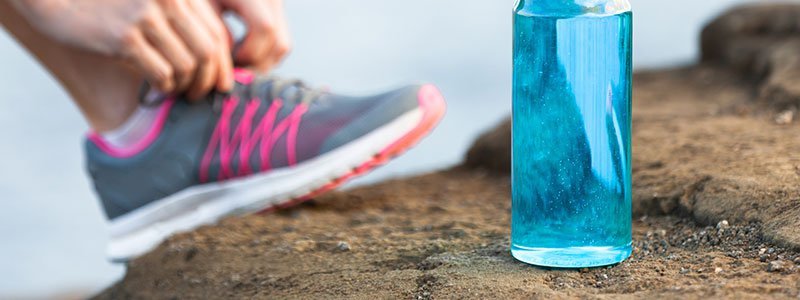
Q:In a single day, one of your feet can sweat the equivalent of half a glass of water. True or False?
A:True. A pair of human feet contains 250,000 sweat glands. Each foot can sweat the equivalent of half a glass of water per day. There are about one trillion bacteria on each of your feet. That's why feet can smell bad.

Q:How many taste buds are on your tongue?
A:Nine thousand. There are 9,000 taste buds on the tongue. We lose a lot of these taste buds as we age.
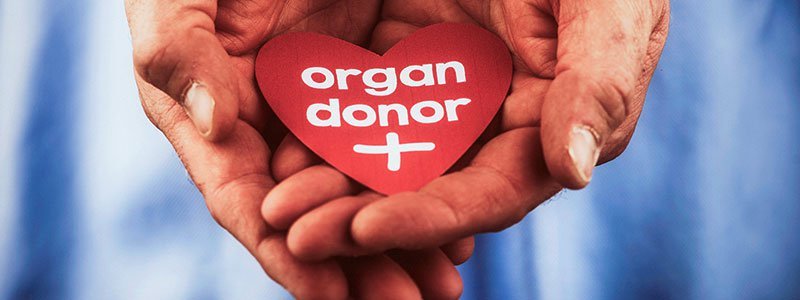
Q:What is the largest organ of the human body?
A:The skin. Your skin is the largest organ on your body. On average, your skin weighs about six pounds, and its job is to protect you from infections and germs. Throughout your life, your skin will change constantly, and will regenerate itself approximately every 27 days.
&Copy; 1996-2022 MedicineNet, Inc. All rights reserved.Source quiz on MedicineNet

